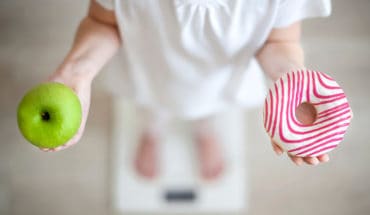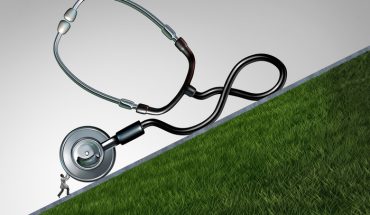To mark Child Safety Week, I wanted to answer concerns from many parents and carers about when exactly it is safe to leave children home alone.
The law doesn’t state an age when you can leave a child on their own, but it is an offence to leave a child alone if it places them at risk. Use your judgement on how mature your child is before you decide to leave them alone, whether this is at home or in a car.
Babies should be closely supervised at all times and should never be left anywhere – even in a car when they are asleep and you are popping into the shops and the car is parked right outside (something many parents often do, as it is an easy option, the baby is strapped in asleep and you are only a couple of minutes!). People make calculated risks in their daily lives and the majority of the time, no harm occurs. However, just because it is something that most parents have done at some point, that does not mean that it is safe to do so
The National Society for the Prevention of Cruelty to Children (NSPCC) states:
- children under 12 are rarely mature enough to be left alone for a long period of time
- children under 16 shouldn’t be left alone overnight
- babies, toddlers and very young children should never be left alone.
Parents can be prosecuted if they leave a child unsupervised ‘in a manner likely to cause unnecessary suffering or injury to health’.
How old should a child be before they can babysit?
People can be prosecuted for neglect if they leave children on their own and something goes wrong. This is a highly contentious issue and one that becomes even more complicated when looking to establish when a child is old enough to be left in charge of other children.
When asking an older sibling or friendly teenager to babysit, it is vitally important to consider how competent they would be in an emergency. Ask yourself:
- How mature and responsible are they?
- Are they familiar with your home and any risks within it?
- How well do they know your children and do your children know and feel safe with them?
Remind your babysitter to be particularly careful of hazards including hot drinks, pets, tiredness and anything else that could cause a danger. You should explicitly point out these things as potential dangers so they understand that it’s a responsible job.
Would an older sibling be a better option?
Research published in 2010 in Injury Prevention, a BMA journal, revealed that when older siblings supervise younger children, there is an increased risk of injury. Mothers tend to spot and remove dangers, whereas older siblings often interact with hazards, for example, making a hot drink and leaving it accessible. Older children may resent being asked to look after siblings and so everything should be handled sensitively. Children also took more risks when being supervised by sibling, copying what they were doing and failing to listen when being told off. This led to an increase in accidents and injuries.
A babysitter is entrusted with another child’s life and that is a tremendous responsibility.
The following preparation when you are using babysitters will lead to a safer arrangement:
- Ensure your babysitter is first aid trained.
- Fully brief them, introduce them to your children and familiarise them with your home.
- Remind them they are there to supervise your children safely and adhere to your rules.
- Have a local back-up adult available.
- Make arrangements in advance for the sitter’s safe return home.
- Complete an emergency check list, available from our website
The babysitter needs to know:
- Your children’s names
- Dates of birth
- Allergies or medication
- Your mobiles and work telephone numbers
- GP contact details
- Emergency telephone numbers (999/112)
- Reliable neighbours’ numbers and addresses
- Location of electricity and water mains.
Parents need time away. Most babysitters are good, and the children stay safe and happy. However, it does no harm to think carefully and plan before leaving them; everyone will be that much safer as a result.
- What is a seizure? - 13th March 2025
- Febrile Convulsions and Seizures in Children - 13th March 2025
- Why women are less likely to receive CPR or survive cardiac arrest - 6th March 2025







